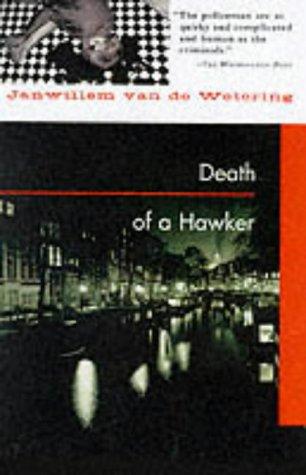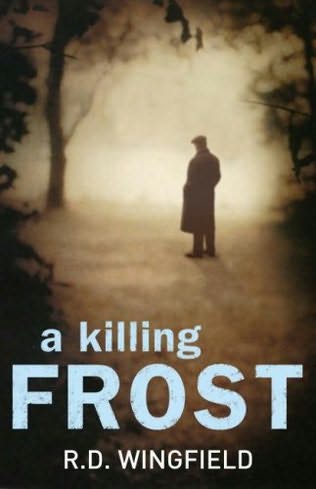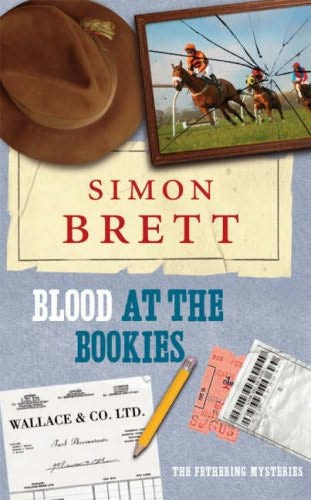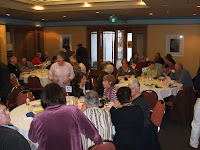
A collection of 8 short stories which feature A.J. Raffles, gentleman, cricketer, and amateur cracksman, and his old school mate Bunny Manders, a bunny in most senses of the word. In the first story
The Ides of March Raffles prevents Bunny who is constantly in debt, like Raffles, having no honest source of income, from committing suicide. The eight stories are narrated by Bunny, with the plots complicated by the fact that Raffles doesn't always keep him totally informed. At times Raffles uses Bunny as a decoy, and at times Bunny initiates action on his own because he thinks Raffles has failed. Of course Raffles never fails, and in the long run it is Bunny who pays most dearly.
The stories depict Raffles as a master burglar, a gentleman, a sportsman who extends the code of cricket, of "playing fair", to thievery. He is much sought after because he is such a splendid cricketer, both at the bat and as a bowler, and various invitations give him the opportunity to relieve others of their riches. As with Conan Doyle's Holmes and Moriarty, Raffles has his principal opponent in Scotland Yard's Inspector Mackenzie. The Penguin blurb credits Ernest Hornung with creating "
a unique form of crime story, where, in stealing, as in sport, it is playing the game that counts, and there is always honour among thieves".
The stories in this collection:
- The Ides of March.
- A Costume Piece.
- Gentlemen and Players.
- Le Premier Pas.
- Wilful Murder.
- Nine Points of the Law.
- The Return Match.
- The Gift of the Emperor.
So here we have the forerunner of a style of book that we thought was modern - where the villain is the central character. Although, unlike
Jeff Lindsay's Dexter Morgan in DARKLY DREAMING DEXTER, or
Simon Kernick's Dennis Milne, Raffles never kills.
I think the text of the stories is a bit dated, the language a bit more formal than we use now, and certainly I noticed the odd word that is no longer part of our regular vocab. But in the late 19th century, these stories must have been a breath of fresh air. Hornung was Conan Doyle's brother in law, and whereas in Holmes vs Moriarty you have good vs evil, in Raffles you really have evil vs. good. Interestingly they both, Homes and Raffles, have rather lame sidekicks in Watson and Bunny.
As you can see, I'm rather taken with the stories although I'm only rating it at 4.2.
They won't be everyone's cup of tea. But they are short quick reads if you want to dabble or listen like I did (see below for more explanation).
Now although I have acquired a copy of the Penguin Classic (2003), I haven't really read this in the conventional sense of the concept. I have listened to nearly 6 hours of Librivox recordings read by Kristin Hughes.
I posted about this earlier.
What prompted me to read it is that August is Classics Month over on
oz_mystery_readers and Sunnie who is going to lead the discussion gave us the options of listening to it with Librivox, downloading
a text file from Gutenberg, or buying a reprint (the Penguin Classic). Nut that I am, I have done all three. I didn't end up printing out the text file, although I am being tempted with the idea of an e-book reader like Kindle (not available in Oz), or the Sony Reader
Petrona talks about. I am thinking though of just getting a smaller lap top, but I guess that won't have all the features of an e-reader.
There's a bit to talk about - I have an idea that I sometimes listen with only half an ear, so it is sometimes difficult to recall names etc. I am almost just a touch deaf so I may not have heard a name properly in the first place.
Kristin read the stories mainly in what appeared to my ear to be an Irish accent, and that, and the fact that the narrator is Bunny Manders, a male, took a bit of getting used to. However by about the 4th story we were well into the swing of things, and Kristin was letting herself go and doing a wonderful job of each character, including the detective from Scotland Yard Inspector Mackenzie.
The Penguin book has the advantage of coming with an extended Chronology of Hornung's life. From that I've learnt that RAFFLES: THE AMATEUR CRACKSMAN was published in 1899 when Hornung was 33 years old, although the first six stories had been published serially in the previous year. I also learnt that he spent 2 years in Australia as a tutor to a family in the Riverina (hence the Australian references in the stories). The other items the book contains an Introduction, and then some Notes at the end. They would enable a serious study of the stories and their context if that is what you had in mind.
 For Australian readers...
For Australian readers...






 icon. You may also need to adjust the mic recording volume for your operating system. See examples for
icon. You may also need to adjust the mic recording volume for your operating system. See examples for  button to start recording the part of your screen inside the black frame (and audio from the mic you chose).
button to start recording the part of your screen inside the black frame (and audio from the mic you chose). button when you are done (or if you need to pause click
button when you are done (or if you need to pause click  button).
button).



























